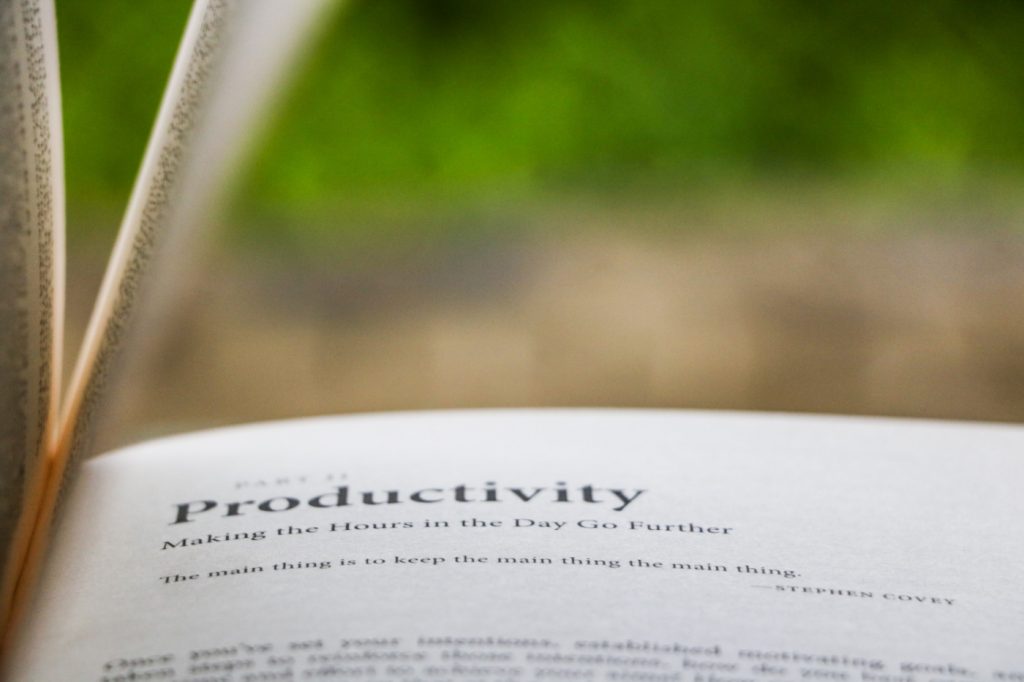Toxic Productivity

Most of us seem to have a complex (maybe even toxic) relationship with productivity. We try to be productive, yet we fall into the procrastination traps, we try to do the work that matters, yet we stumble often.
But that’s all a part of a standard productivity curve. Some days you feel like you’re doing well, and other days it seems like you’re not getting anything done. And that’s perfectly normal and acceptable.
Here are some of the things to keep in mind that might help you get over a productivity slump:
- Remember that the creative work should be fun.
Not everything has to be fun all the time. There are periods when we have to push through. But generally, you should enjoy most of the things at least broadly. - Pay attention to your emotional state.
You won’t get much done if you’re depressed, unmotivated, or frustrated. You should always come first. Don’t feel bad about taking the time to take care of yourself. - If you lack motivation, get up and start.
When you don’t feel like doing something, work just for a few minutes, and the motivation will appear. - You need more time to start.
You probably need more time to do creative work than you think. You will rarely be able to just sit down and bang away. You need a buffer to get into the flow, prepare coffee (tea!), and get into the right productive state of mind. - Be mindful of your calendar.
You don’t want to give all your time away; you want to leave enough for creative work. Meetings should never make up the most of your day. - Review your accomplishments daily.
You can choose to tell yourself a positive story about your day. Look at what you accomplished and acknowledge it, and feel good about it. It won’t change the actual results, but it will help you adopt a better, more positive mindset.
And in general, it’s a good idea to assess what you’re doing and why often. It can help you change your negative habits and thinking patterns, which will make you more productive.
Hat-tip to Ali Abdaal for an honest look at productivity with underlying reasons for procrastination and some advice on becoming more productive.
